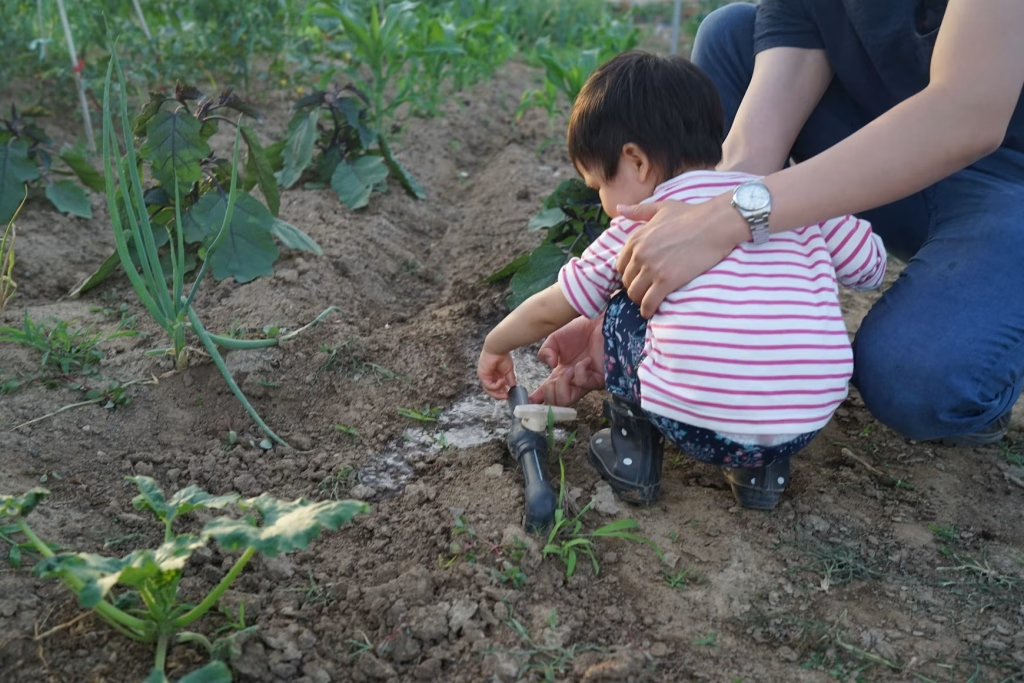
For most kids, childhood should be a time of learning, growing, and being cared for. But if you were regularly expected to act like the adult, keeping siblings fed, managing a parent’s emotions, or smoothing over family chaos, you may have been a parentified child.
And here’s the tough part: many of those responsibilities don’t just disappear when you grow up. Without even realizing it, you might still be carrying that heavy emotional load. Recognizing the signs is the first step toward setting healthier boundaries and giving your inner child the care they always needed.
What Is Parentification?
Parentification happens when a child takes on roles and responsibilities meant for a caregiver. Sometimes it’s practical—cooking dinner, paying bills—other times it’s emotional, like becoming a parent’s confidant. Kids aren’t equipped for adult duties, no matter how “mature” they appear.
Over time, these expectations shape how we attach, communicate, and love—especially if they go unacknowledged. A concise overview from Psychology Today explains the two main types—instrumental and emotional parentification—and their lifelong effects.
Below are eight signs those early roles may still be influencing your adult life.
1. You Missed Out on Just Being a Kid
If you felt like a mini‑adult while peers worried about homework and playground drama, take note. Packing lunches instead of playing outside, or calming a parent instead of hearing bedtime stories, robs kids of crucial developmental experiences. Experts emphasize that losing childhood freedom often leaves a void that lingers well into adulthood.
2. You Feel Overwhelming Responsibility for Others
Caring is great—feeling endlessly accountable for everyone’s happiness is not. Parentified kids often grow into adults who panic or feel guilty when someone they love struggles. Chronic anxiety or burnout can follow because you’re still wearing an invisible superhero cape.
3. You Take the Caregiver Role in Every Relationship
Are you the partner who organizes everything, the friend everyone leans on, or the colleague who picks up extra tasks? Constantly taking responsibility for others’ emotions creates one‑sided dynamics and leaves your own needs unmet.
4. You Struggle to Say “No”
If refusal sparks guilt or fear, it may trace back to times when saying “no” meant conflict or rejection at home. This “ever‑yes” reflex drains energy and makes boundary‑setting feel impossible.

5. You Equate Love With Helping or Fixing
When worth is tied to fixing problems, you may mistake over‑functioning for care. While dependable, this pattern can leave you depleted and prevent mutual emotional reciprocity.
6. You Fear Abandonment and Rejection
Love that felt conditional—shown only when you were useful—can create a lifelong fear of being cast aside. Insecure attachments, separation anxiety, or clinging to unhealthy relationships often stem from this early lesson.
7. You Have Trouble Trusting Others to Lead
Micromanaging, avoiding vulnerability, or reluctance to ask for help may signal a survival strategy from childhood. Being the strong one 24/7 leaves little room for rest or shared responsibility.
8. You Struggle With Emotional Regulation
If you had to suppress feelings or absorb others’ emotions, expressing your own can feel risky. Suppression often leads to depression, anxiety, or emotional shutdowns.
A helpful guide from Verywell Mind offers practical exercises for rebuilding healthy emotional skills.
You’re Allowed to Put Yourself First Now
If these signs resonate, remember: you’re not broken—you adapted to survive. Today, you no longer have to live in survival mode.
Therapy, journaling, mindfulness, and supportive relationships can help you unlearn old patterns and reclaim your own needs. Your worth has never depended on how much you carry for others.
What’s been the hardest part of unlearning parentified habits? Share your experience in the comments below—we’d love to hear from you.
Read More
- 12 Parenting Mistakes You’re Making Right Now: Learn How to Save Your Child’s Happiness Before It’s Too Late
- Playground Dangers: 8 Pieces of Playground Equipment That Could Seriously Injure Your Child

Samantha Warren is a holistic marketing strategist with 8+ years of experience partnering with startups, Fortune 500 companies, and everything in between. With an entrepreneurial mindset, she excels at shaping brand narratives through data-driven, creative content. When she’s not working, Samantha loves to travel and draws inspiration from her trips to Thailand, Spain, Costa Rica, and beyond.














